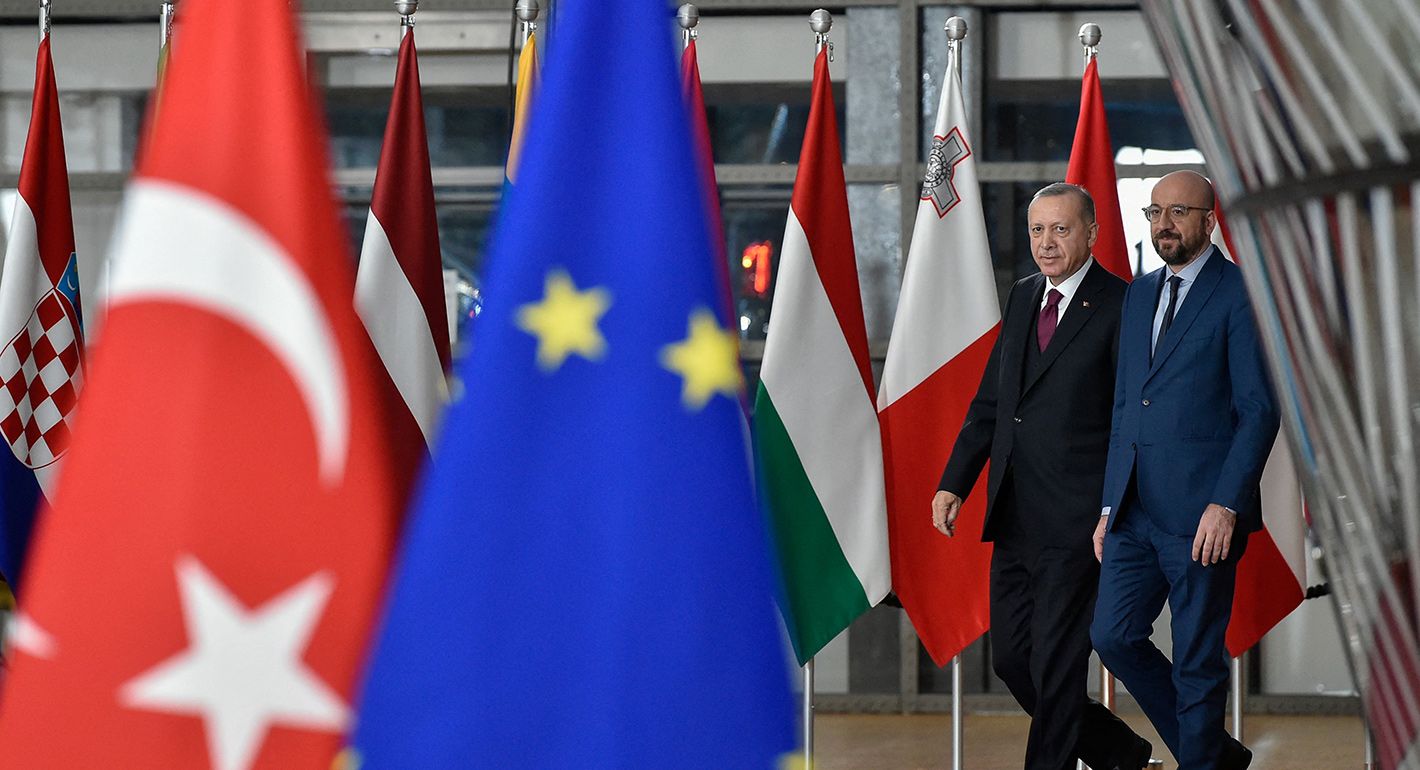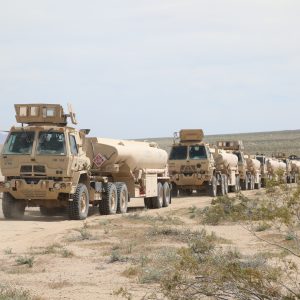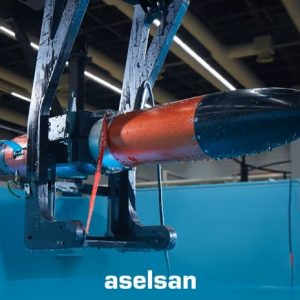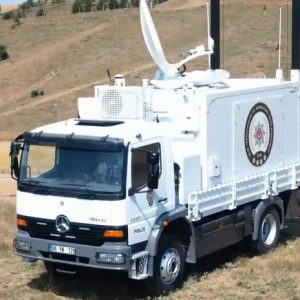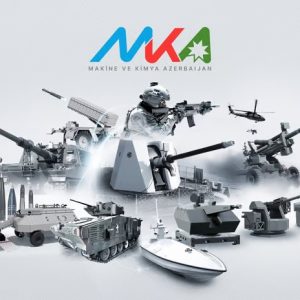A fresh nationwide survey conducted in Türkiye and reported by Kısa Dalga (via Turkish Minute) offers a revealing glimpse into the country’s strategic psyche. Most respondents expressed support for continued NATO membership and closer European Union engagement. Yet, the same poll also uncovered a persistent yearning for greater national autonomy in defense and foreign policy—a paradox that has long shaped Ankara’s position between East and West.
Key Facts
- Source: Kısa Dalga via Turkish Minute, October 1, 2025
- Theme: Public opinion on NATO and EU alignment
- Takeaway: Support for NATO and EU membership remains strong, but strategic ambivalence endures
The findings, while only partially disclosed, suggest that Türkiye’s public discourse still navigates between pragmatic Western alignment and sovereign independence. According to early summaries, a clear majority of respondents favor maintaining NATO ties—a stance rooted in security guarantees, interoperability, and global legitimacy. Simultaneously, enthusiasm for EU accession persists, fueled by economic aspirations and perceptions of shared democratic norms.
However, the survey also highlights that a sizable portion of citizens believe Türkiye should develop a more autonomous defense and foreign policy strategy. This duality is not new; it mirrors a recurring theme in Turkish strategic culture where sovereignty, dignity, and modernization have historically intertwined.
Continuity within a shifting alliance landscape
This ambivalence reflects Türkiye’s lived experience as both a NATO ally and a regional power seeking strategic flexibility. Over seven decades of alliance membership have integrated the Turkish Armed Forces into NATO’s operational, logistical, and technological frameworks. Yet, recent geopolitical frictions—ranging from U.S. export restrictions to divergent policies in Syria and the Eastern Mediterranean—have reinforced calls for greater strategic independence.
Even so, Türkiye’s operational commitment within NATO remains robust. Ankara currently contributes heavily to alliance missions, from Baltic Air Policing to Kosovo Force (KFOR) operations—most recently assuming KFOR command for a 12-month term under Major General Özkan Ulutaş. The country’s defense budget has grown in tandem with these roles, justified in part by public consensus on the need for credible deterrence and alliance participation.
Balancing act between the West and autonomy
For policymakers, these findings present both opportunities and constraints. The electorate’s support for NATO membership provides domestic legitimacy for ongoing modernization projects and industrial partnerships with allied nations. Programs involving co-production, joint R&D, and export collaboration—such as those pursued under SAHA İstanbul’s defense-industrial ecosystem—can thus be framed as sovereignty-friendly rather than dependent.
Yet, policymakers must also acknowledge the deep-rooted skepticism toward foreign tutelage. Turkish political narratives have long valorized autonomy, from the “Yurtta sulh, cihanda sulh” principle to the modern “Milli Teknoloji Hamlesi.” This lens interprets alliance participation not as submission but as calculated engagement. The survey’s mixed sentiment reinforces that interpretation: citizens are comfortable in alliances so long as Türkiye acts as an equal, not a client.
Strategic implications for NATO and the EU
For NATO strategists, the poll offers reassurance that alliance cohesion in the southeastern flank remains socially anchored. Public backing translates into political space for high-tempo operations, logistics basing, and participation in emerging domains such as counter-drone cooperation and defense innovation accelerators. However, messaging must emphasize reciprocity and respect for national agency—an approach aligning with NATO’s recent communications about “sovereignty-based interoperability.”
For the European Union, the data underline a familiar paradox. Turkish citizens continue to perceive EU membership as economically and institutionally desirable, yet disillusionment persists due to protracted accession talks and perceived double standards. Strategic dialogue around defense industry cooperation—particularly within the EU’s Permanent Structured Cooperation (PESCO) and EDF frameworks—could offer tangible engagement pathways even without formal accession progress.
Expert insight: messaging and offsets
Analysts suggest that NATO and EU partners should tailor their outreach to Türkiye around mutually beneficial themes—industrial participation, technology transfer, and local production offsets. These resonate with the Turkish public’s twin priorities of security and sovereignty. As one Ankara-based defense economist notes, “The Turkish voter does not reject alliances; they reject asymmetry.”
For Türkiye, maintaining this balance is both an art and a necessity. The nation’s geography, economic interdependence, and defense-industrial ambitions compel it to engage with Western structures while nurturing an indigenous ecosystem. This delicate equilibrium—half pragmatic, half philosophical—remains the cornerstone of Ankara’s global posture.
Broader context: identity and modern statehood
At a deeper level, the persistence of strategic ambivalence reveals something about modern Turkish identity. It is neither anti-Western nor uncritically Atlanticist. It is shaped by a long-standing ambition to be both a European and an independent power, modern yet distinct. This complex self-conception, grounded in the republic’s founding ethos, continues to inform not only foreign policy but also industrial strategy and education reform.
In that sense, the 2025 opinion snapshot is less a transient mood poll and more a mirror reflecting Türkiye’s strategic DNA. Public opinion oscillates between attraction to Western institutions and insistence on national dignity—an oscillation unlikely to vanish soon.
References
- Turkish Minute, “Survey shows Turkish public backs NATO and EU ties” (Oct 1 2025)
- Kısa Dalga, “Türkiye’de NATO ve AB’ye destek devam ediyor” (Oct 2025)
- NATO — “KFOR Change of Command Ceremony in Pristina” (Oct 3 2025)
- SAHA İstanbul — “Türkiye’s Defence Industry Ecosystem Overview” (2025)

